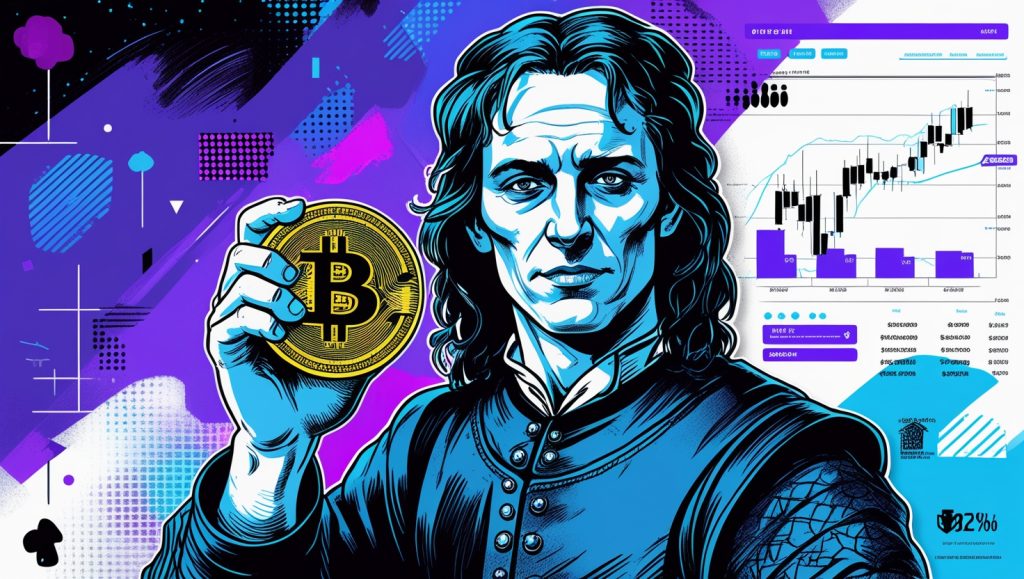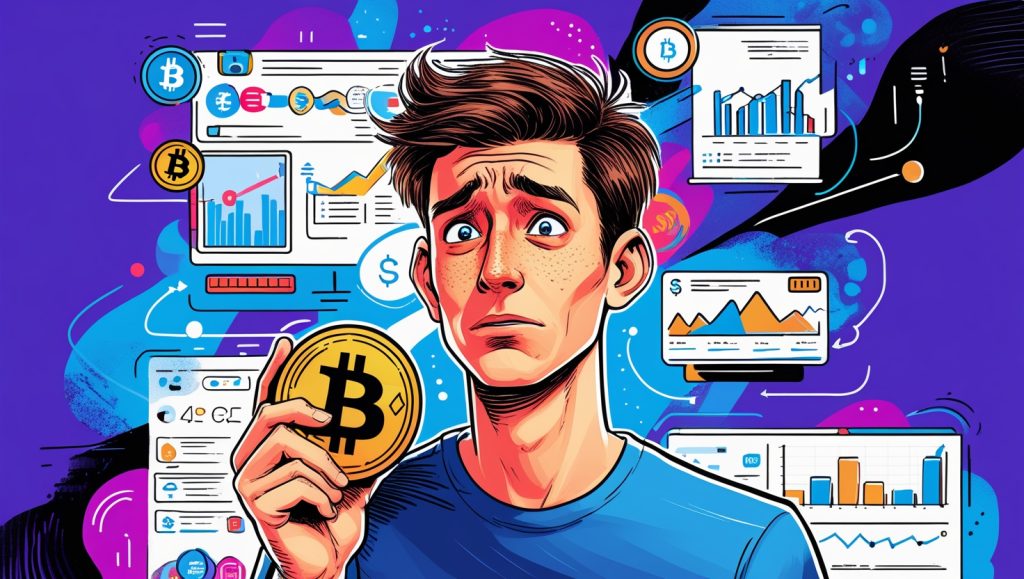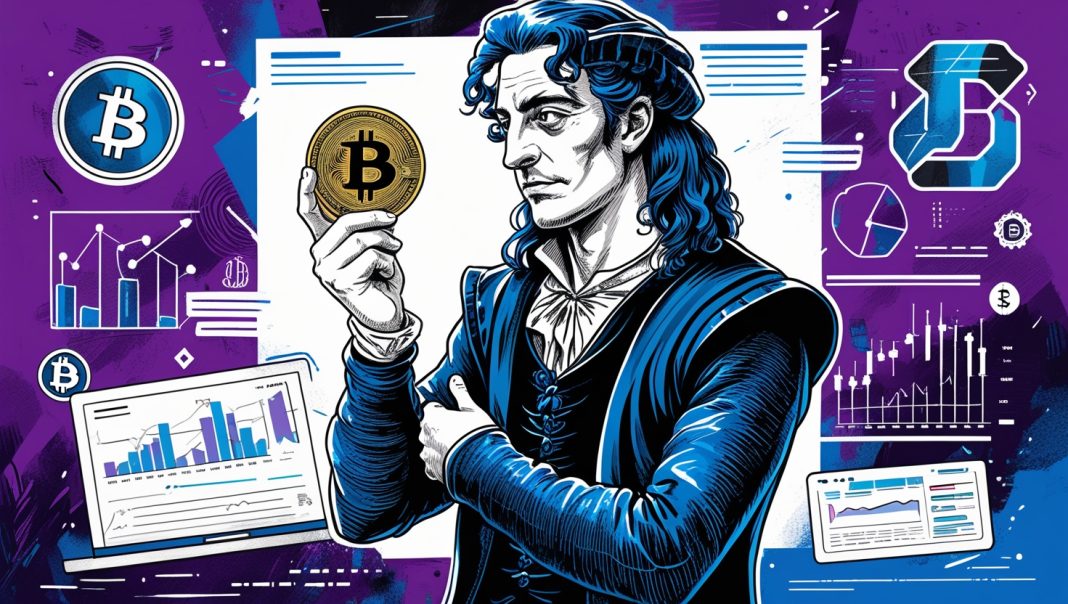The first time I heard about Bitcoin, it was under $1,000.
I thought it was interesting, but probably a fad. By the time it crossed $6,000, I remember thinking, “Wow, that ship has definitely sailed.” When it dropped back to $3,000, I assumed it was dead.
Then it climbed again. And I kept asking myself the question that almost everyone eventually asks when they finally start paying attention:
Is it too late to buy Bitcoin?
It’s a completely natural question. It feels like the right one to ask. You see the chart, you hear the stories of early buyers turning a few hundred dollars into millions, and you wonder if you missed your shot.
But the more time I’ve spent in this space, the more I’ve realized that this question is not just unhelpful: it’s fundamentally missing the point of what Bitcoin actually is and why it matters.
Why “Is It Too Late to Buy Bitcoin?” Is the Wrong Question
Let’s be honest about what people are really asking when they say this.
They’re not really asking about Bitcoin’s fundamentals or adoption curve. What they usually mean is, did I miss the part where a small investment turns into a life-changing amount of money.
The question is rooted in regret, in comparison, and in fear. It’s a reaction to watching other people win while you sat on the sidelines. But that mindset is backwards. Because if you’re judging Bitcoin only by how much other people made from it, you’re already thinking like a short-term speculator.
You’re not trying to understand it. You’re just trying to fast-forward to the reward.
That’s not how long-term wealth gets built. That’s not how conviction is formed. And with an asset like Bitcoin, which regularly drops 50% in a matter of months, you need conviction to stick around long enough to benefit.

The Truth Is Most People Still Have No Exposure
The idea that you’re late is tempting, especially when you look at Bitcoin’s historical chart. But zoom out a bit.
Despite being over a decade old, Bitcoin adoption is still in its early stages. The majority of people on Earth don’t own any. Most governments still don’t fully understand it. A large portion of institutional capital still hasn’t touched it. Most banks only started offering exposure in the last two years. Spot ETFs were only approved recently. Many pension funds and endowments still haven’t allocated a dollar.
This is not a mature market in any real sense. It’s growing, yes. But it’s still developing its infrastructure, its security standards, its legal frameworks, its cultural narratives. It’s still being attacked and defended.
It’s still evolving.
Imagine asking in 1999 whether you were too late to invest in the internet. It would have felt like it. So many dot-coms had already gone public. Big returns had already been made. But anyone who invested in Amazon or Google or built real internet infrastructure in the years that followed was still absurdly early.
Bitcoin is similar. If you think in terms of decades, not quarters, you’ll start to see how much room there still is to run.
What Are You Actually Buying?
Here’s a better question than “Is it too late to buy Bitcoin?” Ask this instead: “Do I understand what Bitcoin is and what role I want it to play in my life?”
Because when you really dig into what Bitcoin is, it stops being about price. It becomes about ownership, sovereignty, freedom, censorship resistance, scarcity, and trust in code rather than institutions.
Bitcoin is the first money that cannot be inflated, seized without consent, or manipulated by policy. It is not a tech stock. It is not a meme. It is not a get-rich-quick scheme unless you treat it like one, and even then, that strategy often backfires.
Bitcoin is infrastructure. It’s base-layer monetary technology. It’s a hedge against monetary debasement, a digital asset with no central issuer, a tool for preserving value across borders without needing permission. It’s the hardest type of money ever created, one that people choose to use, not forced to.
So ask yourself: if you believe that fiat currencies will continue to be debased, if you believe that the financial system is fragile, if you believe that governments will eventually overreach, then why wouldn’t you want some exposure to something that exists outside of all of that?
That question will get you a lot further than trying to figure out if you’re too late.
In other words: Do you trust your government? Do you believe inflation will stop? That the hard-earned money in your bank account will have the same value it has today in five years? If your answer is no, you’ve got a lot to think about.

Start Where You Are, Build From There
Even if you did miss the very beginning (and yes, $100 Bitcoin is never coming back) that doesn’t mean you missed everything. You missed one chapter. The story’s still being written.
The people who made the biggest returns in Bitcoin often sat through brutal drawdowns. They watched the price crash 70%. They held through winter after winter. The reward wasn’t just for being early. It was for being early and staying long enough to benefit.
You don’t need to time the bottom. You don’t need to put in your entire net worth. But you do need to start with a framework.
Understand what you’re buying. Figure out how much risk you’re comfortable with. Make peace with the volatility. And then start building a position that makes sense for you: slowly, methodically, with intention.
You’re not going to “catch up” to someone who bought at $300. That moment is gone. But you can build your own thesis and take control of your own timeline. That matters more.
You’re not racing against people who already hold Bitcoin. Those coins are theirs and always will be until they decide to sell them. Instead, you’re racing against other people who haven’t bought yet, because there are only 21 million coins, and it’s not enough for everyone.
Bitcoin Is Not About Timing, It’s About Understanding
The people who stick around in crypto (the ones who benefit the most) are the ones who eventually stop asking if they’re too late. They stop comparing themselves to others. They stop chasing perfect entries.
Instead, they start asking better questions. What am I actually holding? What role does this asset play in a world that feels increasingly chaotic? How can I use Bitcoin not to get rich overnight, but to build something durable over the next decade?
When you stop asking if you’re late and start asking what you’re buying, everything starts to change. Because you understand that when you buy Bitcoin, you are not buying internet money. You’re buying security, time, privacy, resilience, and most importantly, financial freedom.
Bitcoin doesn’t care when you arrive. What matters is that when you do, you understand why you’re here. And you act accordingly.


